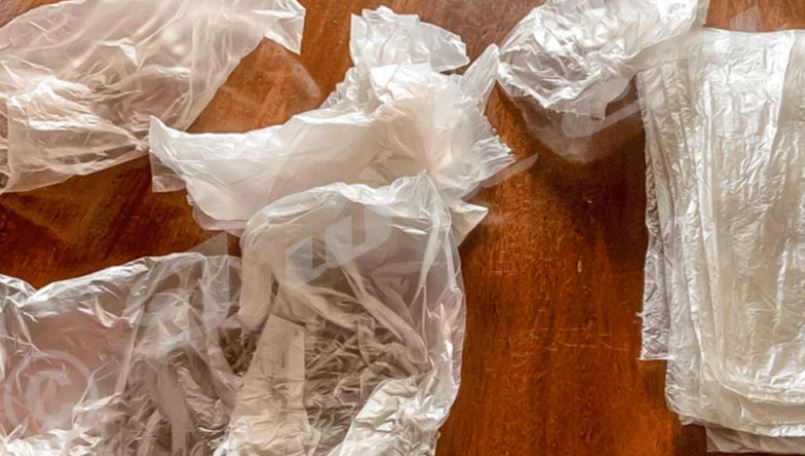Despite an August 2018 presidential decree prohibiting the manufacturing, importing, selling and using plastic bags, Burundi seems to have failed to kick out the plastic bags.
These small transparent bags are in fact always there to store or package certain food products such as salt, donuts, peanuts and many other products.
According to those who still use these sachets, until today, they cannot find new alternative packaging on the market.
The fact remains that in pharmacies, the owners have introduced new cardboard packaging replacing these small sachets. Which is not the case with shopkeepers.
According to a shopkeeper on Bururi Avenue in Bujumbura that they have no other choice but to use this packaging while waiting for the arrival of new biodegradable bags.
“We know that these bags are prohibited but what can we do? We still use them because we don’t see any new ones to replace them. We are committing fraud. Otherwise, it will be really difficult to pack some food products,” admits the shopkeeper.
Still on this avenue, another shopkeeper shares the same observatioN, Indeed, “there are products that I have stopped selling because of the lack of packaging. It’s not always easy to find them. We play hide and seek with the police to get them, because it’s fraud. The government should make new biodegradable packaging available and preferably at a cheaper price,” he says about the non-biodegradable sachets he uses and which are important to him.
Small non-biodegradable bags are not only present in shops, but also in markets.
Lessons From Rwanda
Rwanda seems to have successfully got rid of these polythene bags banned by law since 2008.
The East African country has prioritised protecting, safeguarding and promoting the environment. “Any plastic bags in your luggage will be confiscated at the airport or other point of entry,” reads a warning.
In Rwanda, it is illegal to import, produce, use or sell plastic bags, and violators face stiff punishment.








